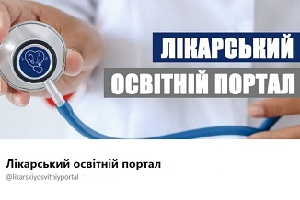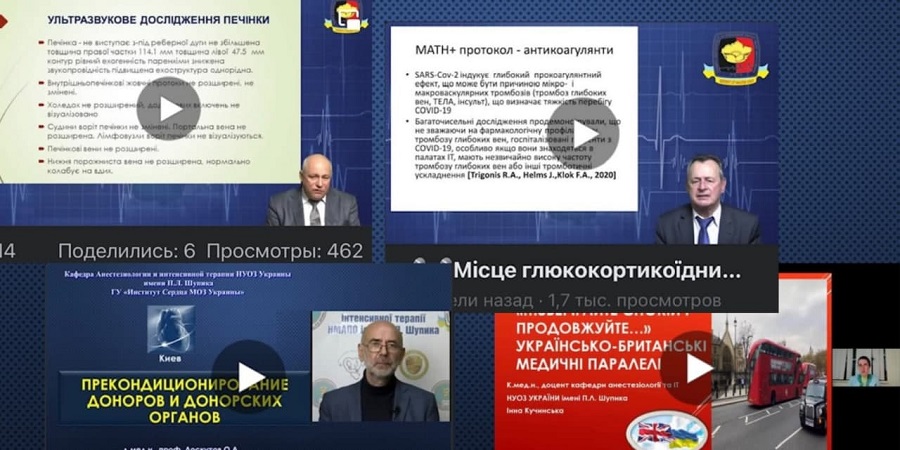The rapid development of information and communication technologies and the increase in the volume of information has led to the transition from an industrial to an "information society". Post-industrial society is characterized by the transformation of knowledge into a key component of any part of human life. A modern teacher is not only a source of knowledge, but rather an intermediary between knowledge and those who need it.

Although researchers, like everyone else, are "tired of ZOOM," according to surveys of more than 900 readers of Nature magazine, they have learned to appreciate virtual science conferences during the COVID-19 pandemic. After a year of conducting online research presentations, the vast majority of respondents (74%) believe that scientific meetings should have a virtual component after the end of the pandemic. Readers note the ease of visiting from any geographical point of the world as the main advantage, although they recognize the need for face-to-face communication with colleagues.
Improving the quality of training of future anesthesiologists requires activating their educational and cognitive activities to fully realize their internal potential in the chosen profession. Updating the pedagogical process in the institution of higher medical education through modern latest technologies contributes to a positive attitude of interns to the future profession and the formation of an active position on self-improvement and self-development throughout professional life. Information exchange between teachers and students takes place in the process of joint educational, practical, and scientific activities based on the latest information and communication technologies, which combine the achievements of modern science, education, and innovation.

Taking into account the above, teachers of the Department of Anesthesiology and Intensive Care on the educational portal of the department "Likarskyi Osvitnii Portal" in December 2021 and January 2022 conducted a series of lectures on topical problems of modern medicine, in particular, anesthesiology and intensive care. The most popular reports were "Donor and organ donation preconditioning", "The place of glucocorticoids in COVID-19 intensive care", "Stay calm and continue: Ukrainian-British parallels" and others. A total of 11 lectures were delivered online, which were listened to by about 10,000 people. We received positive feedback from many doctors who expressed hope for the continuation of such presentations in the virtual space. Interestingly, the majority of the audience consists of anesthesiologists (including many interns) not only from Ukraine but also from more than 20 countries around the world.



